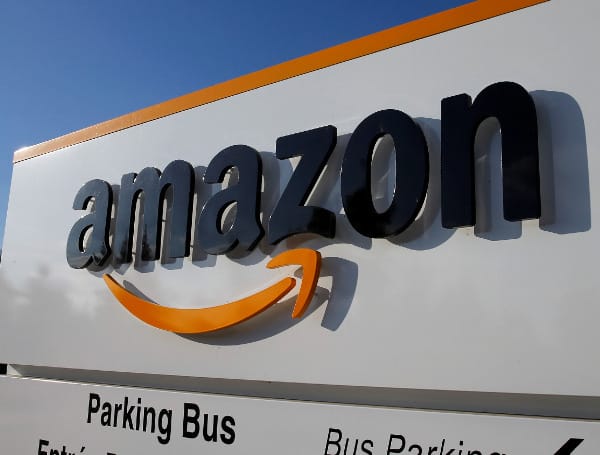The Federal Trade Commission (FTC) and 17 state attorney generals sued Amazon on Tuesday, claiming that the company has exhibited a pattern of illegal conduct equating to a monopoly.
The FTC claimed that Amazon has used its dominant market position and interlocking anticompetitive strategies to prevent rivals from lowering prices, has overcharged sellers, has stifled innovation, and has prevented fair competition, according to an FTC press release.
“Our complaint lays out how Amazon has used punitive and coercive tactics to unlawfully maintain its monopolies,” Lina Khan, FTC chair, said in the press release. “The complaint sets forth detailed allegations noting how Amazon is now exploiting its monopoly power to enrich itself while raising prices and degrading service for the tens of millions of American families who shop on its platform and the hundreds of thousands of businesses that rely on Amazon to reach them. Today’s lawsuit seeks to hold Amazon to account for these monopolistic practices and restore the lost promise of free and fair competition.”
In the news: Florida Vs. California: A First-Ever Debate Of Red And Blue State Governors
The FTC emphasizes that the suit is not because of the size of the e-commerce giant, but rather because of alleged trends of illegal anticompetitive activity on both the shopper and seller sides of the platform, according to the press release.
Regulators say that Amazon buries products in its search engine if the price of the products is too low, and that they also condition sellers’ acquisition of the necessary “Prime” status on those sellers using Amazon’s own fulfillment service, allegedly raising costs for sellers who would want to sell on other services.
“Today’s suit makes clear the FTC’s focus has radically departed from its mission of protecting consumers and competition,” Amazon said in a statement. “The practices the FTC is challenging have helped to spur competition and innovation across the retail industry, and have produced greater selection, lower prices, and faster delivery speeds for Amazon customers and greater opportunity for the many businesses that sell in Amazon’s store. If the FTC gets its way, the result would be fewer products to choose from, higher prices, slower deliveries for consumers, and reduced options for small businesses—the opposite of what antitrust law is designed to do. The lawsuit filed by the FTC today is wrong on the facts and the law, and we look forward to making that case in court.”
The FTC has lost several lawsuits against Big Tech companies under the reign of Khan, including failing to stop Microsoft from acquiring video game titan Activision Blizzard for $69 billion, and a failed effort to stop Meta’s acquisition of a virtual reality startup.
Android Users, Click To Download The Free Press App And Never Miss A Story. Follow Us On Facebook and Twitter. Signup for our free newsletter.
We can’t do this without your help; visit our GiveSendGo page and donate any dollar amount; every penny helps

